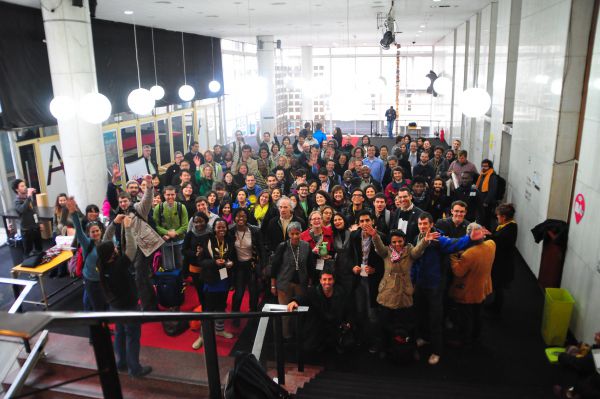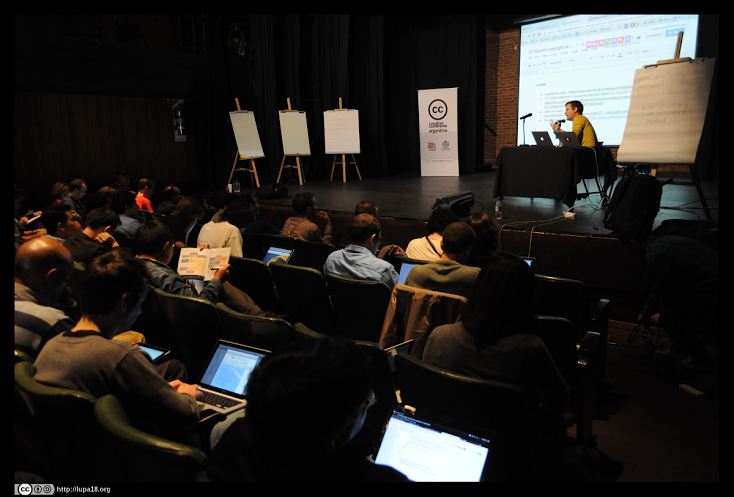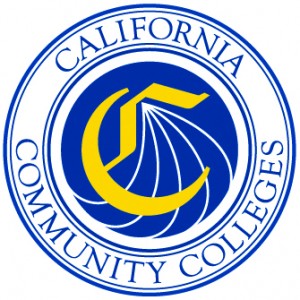Global Summit Wrap Up
mardi 10 septembre 2013 à 02:10
GS2013 Final Day in Hall (Ibtihel Zaatouri / CC BY SA).
And so we have it – we just came back from the Global Summit, CC’s bi-annual meeting of our global community, for another two years.
And the resounding opinion seems to be that this year’s Summit was a huge success. With over 300 attendees from over 50 countries and 5 days worth of events, it was our biggest meet up yet, and our first to have simultaneous language translation for most of the sessions. It had side events, keynotes, unconferencing, casual meet ups, and a rocking CC Salon.
Some highlights:

Paul Keller addresses the crowd at the Copyright Reform Miniconference (Lupa / CC BY SA)
- the opening night CC Salon, featuring CC-licensing Argentinian musicians Shaman y Los Pilares de la Creación, Villa Diamante, and Sara Hebe and Ramiro Jota. Visuals were provided by vijay Valentino Tettamanti;
- the plenary panel on CC in the Real World, with inspirational projects such as Daniel Reetz’s DIY Scanner project and Valentín Basel’s educational robotics project, Fedora;
- fruitful discussions about CC’s stance on copyright reform, both at the pre-event miniconference and throughout the Summit. Watch the CC blog for more news on the resulting statement soon.
- the keynote by Lawrence Lessig at the University of Buenos Aires’ School of Law, during which he announced that he was teaming up with EFF to launch a landmark lawsuit against Liberation Music, who alleged copyright infringement when Lessig used part of one of its songs in a lecture he posted to Youtube. The suit could be an important precedent in defending fair use and setting limits on the overzealous copyright threats that to often occur on the internet.
If you missed out, you can find materials, including presentations and notes, on the Summit website. Watch for videos, which will be put up over the next few weeks.
The Summit couldn’t have happened without a lot of people. CC would like to thank the Summit Sponsors, the City of Buenos Aires, Banco Credicoop, Google, the Macarthur Foundation and Dotspin. We would also like to thank our venue, Cultural San Martin, and our side event organisers, FLACSO Argentina, Concepto Cero, and the Faculty of Law of Buenos Aires Unviversity. But most of all, we’d like to thank our coorganizers – our CC Argentina affiliates Foundacion Via Libre and Wikimedia Argentina. They did a fabulous job!



